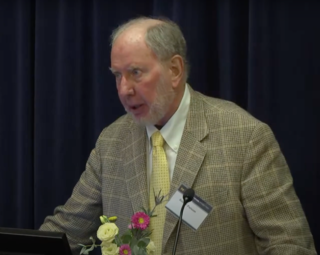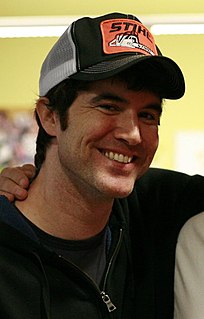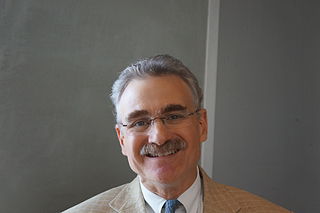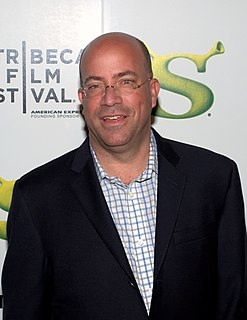A Quote by Mark Zuckerberg
At Facebook, we're inspired by technologies that have revolutionized how people spread and consume information. We often talk about inventions like the printing press and the television - by simply making communication more efficient, they led to a complete transformation of many important parts of society. They gave more people a voice. They encouraged progress. They changed the way society was organized. They brought us closer together.
Quote Topics
About
Brought
Changed
Closer
Communication
Complete
Consume
Efficient
Encouraged
Facebook
Gave
How
Important
Important Part
Information
Inspired
Inventions
Led
Like
Making
Many
More
More People
Often
Organized
Parts
People
Press
Printing
Printing Press
Progress
Simply
Society
Spread
Talk
Technologies
Television
Together
Transformation
Us
Voice
Way
Related Quotes
A society that relies on generalized reciprocity is more efficient than a distrustful society, for the same reason that money is more efficient than barter. Trust lubricates social life. Networks of civic engagement also facilitate coordination and communication and amplify information about the trustworthiness of other individuals.
Obviously, there's all sorts of life happening all around us, but on a human level, I'm just interested in people making informed decisions. You know, increasing their awareness. And also, trying to encourage people to be more fascinated with information and science and knowledge of all sorts, instead of, you know, it's a generalization, but the encouragement by society, the reflections that society gives us, which is media, television, art - anything, really.
The great challenge facing us today is to learn once again how to talk to one another, not simply how to generate and consume information. The latter is a tendency which our important and influential modern communications media can encourage. Information is important, but it is not enough. All too often things get simplified, different positions and viewpoints are pitted against one another, and people are invited to take sides, rather than to see things as a whole.
In one sense, Facebook is very focused as an address book, as efficient communication. It's like e-mail or like IM or something like that. And we do those things, too, but we do so much more. We try to focus on the whole world and all the things that people are interested in, rather than just people to people, or one to one communication.
A global society is coming into being, a global society that is made out of information that was not intended to be ours, but is ours, by the mistaken invention of computers and the printing press, information is power, and information has spilled by the clumsy hands of the dominator culture so that the information is everywhere, never before has the situation been so fluid, we might be able to finally have a crack at this
COMMUNICATION: If I had to pick a first rule of communication-the one practice above all others that opens the door to connecting with others-it would be to look for common ground. Too often people see communication as the process of transmitting massive amounts of information to other people. But that's the wrong picture. Communication is a journey. The more that people have in common, the better the chance that they can take that journey together.
In one sense, the Internet is like the discovery of the printing press, only it's very different. The printing press gave us access to recorded knowledge. The Internet gives us access, not just to knowledge, but to the intelligence contained in people's crania, access to the intelligence of people on a global basis.
Government by the people for the people becomes meaningless unless it includes major economic decision-making by the people for the people. This is not simply an economic matter. In essence it is an ethical and moral question, for whoever takes the important economic decisions in society ipso facto determines the social priorities of that society.
Filmmaking materials are in the hands of more people now than ever before. I would like to think that the more people have these tools, the more people will learn how to use them, it's another argument I would argue for, personally, for art's education. Because there are kids who aren't that literate in screen language and they've got to know how people select shots, how people edit audio, how people combine things to make what they see on the screen. It would be like the 15th century or the 16th century in Germany, and somebody amends a printing press and you don't know how to read and write.
The classics of Marxism talked of communism as a society to which a modern society should aspire, a society truly fair, where the relations of monetary exchange were not the priority but one wher the people's needs could be satisfied, and where people would not be worth more according to how much monetary wealth they acquired. Instead their value would be based on their contribution to society as a whole. It would be a society without class that would accept people based on their capabilities and their potential to contribute to that society.




































